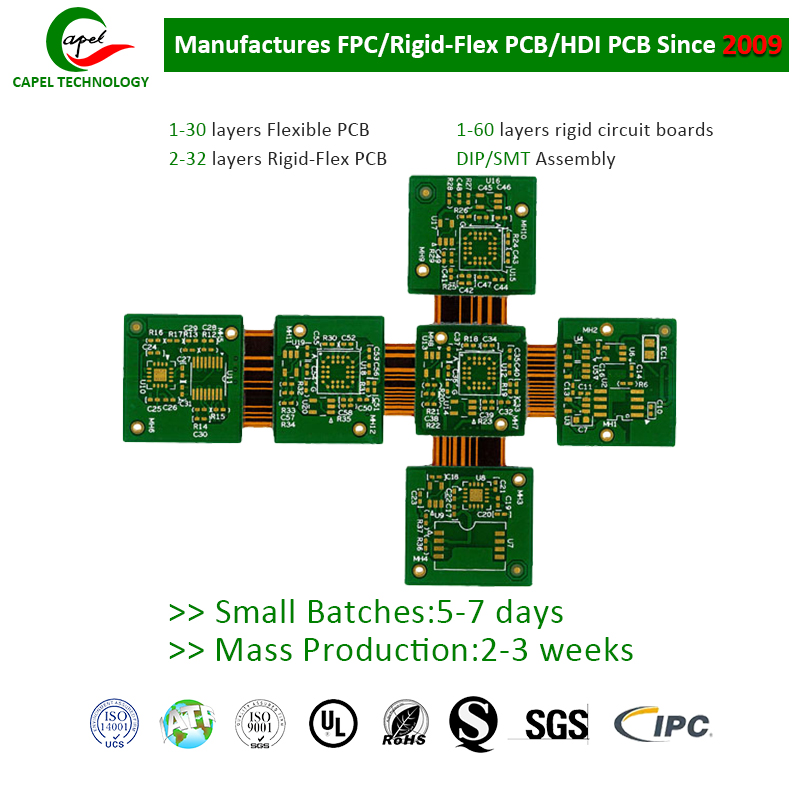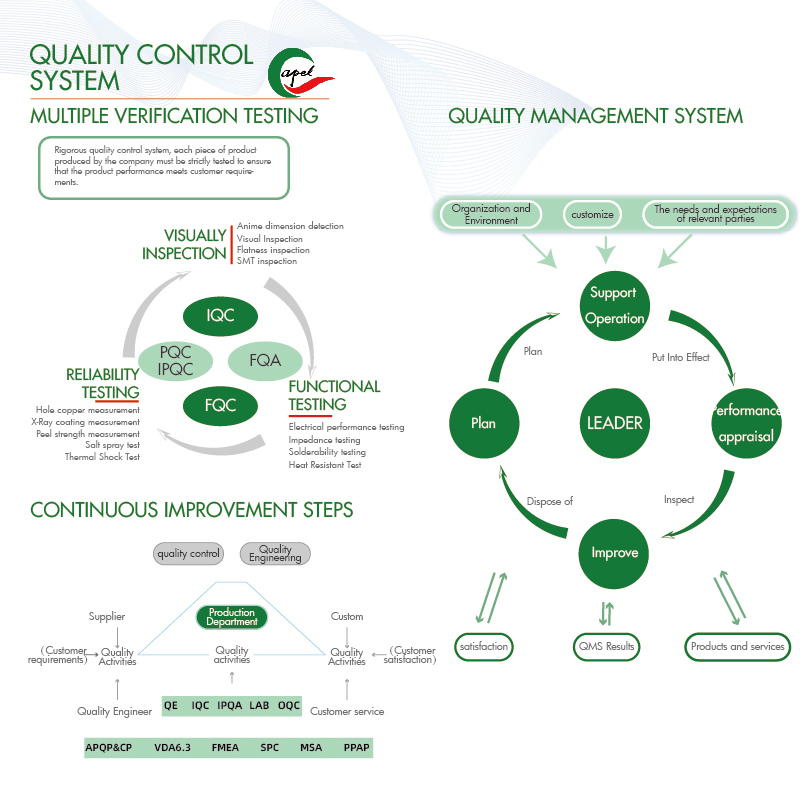Are there any specific industry standards that manufacturers need to follow when it comes to rigid-flex PCB manufacturing? In this blog post, we’ll explore this question and delve into the importance of industry standards in this area.
When it comes to printed circuit board (PCB) manufacturing, it’s critical to adhere to industry standards to ensure the production of high-quality products. In recent years, rigid-flex PCBs have gained popularity due to their versatility and durability.
To understand the concept of rigid-flex PCB manufacturing industry standards, you must first understand the basics of rigid-flex PCB. Rigid-flex PCB is a combination of rigid and flexible substrates that are interconnected to form a single circuit board. These types of PCBs offer many advantages, such as reduced weight, improved reliability, and enhanced design flexibility. They are commonly used in industries such as aerospace, medical devices, and consumer electronics.
While there are no specific industry standards specific to rigid-flex PCB manufacturing, there are several general standards that govern the entire PCB manufacturing process. These standards apply to all types of PCBs and cover all aspects of the manufacturing process, including design, manufacturing, assembly and testing. Some of the standards widely recognized by the PCB industry include the International Electrotechnical Commission (IEC) standards, the Institute of Printed Circuits (IPC) standards, and the Restriction of Hazardous Substances (RoHS) directive.
The IEC is a global organization that develops and publishes international standards for electrical and electronic technology, developing guidelines that are universally applicable to all PCB manufacturing processes. These guidelines cover a wide range of aspects, including design specifications, material selection, manufacturing processes and quality control. Complying with these standards ensures that PCBs meet common quality and safety requirements.
Likewise, IPC, a well-known standards-setting organization for the electronics industry, provides important guidelines for all aspects of PCB manufacturing. IPC standards cover topics such as design principles, material requirements, manufacturing processes, testing procedures, and acceptance criteria. These standards provide manufacturers with valuable references to ensure the reliability and performance of their products.
In addition to these general standards, manufacturers must consider certain industry-specific requirements when producing rigid-flex PCBs. Industries such as aerospace and medical devices often have unique specifications due to the critical nature of their applications. For example, aerospace PCBs must meet strict guidelines related to reliability, temperature resistance, and vibration resistance. Likewise, medical device PCBs must comply with regulations for biocompatibility and sterilization.
Many manufacturers also follow the RoHS directive, which restricts the use of hazardous substances in electrical and electronic equipment. The directive restricts the presence of substances such as lead, mercury, cadmium and certain flame retardants. Compliance with RoHS not only ensures end-user safety, but also demonstrates a commitment to environmental responsibility.
While these general and industry-specific standards provide valuable guidance for PCB manufacturing, it is important to note that they are not legally binding. However, adhering to these standards is critical for a number of reasons. First, following standards allows manufacturers to produce high-quality products that meet customer expectations. Second, it ensures consistency in the manufacturing process, thereby increasing efficiency and reducing costs. Finally, adhering to standards increases a manufacturer’s reputation and credibility in the industry.
In addition to adhering to industry standards, manufacturers can implement a quality management system (QMS) to further improve their rigid-flex PCB manufacturing processes. Quality management systems help organizations streamline operations and consistently meet customer requirements. It provides a framework for identifying and solving problems, improving process control, and ensuring continuous improvement.
In summary, while there are no specific industry standards specific to rigid-flex PCB manufacturing, there are some general and industry-specific standards that manufacturers must adhere to. These standards cover all aspects of PCB manufacturing, ensuring the production of high-quality, reliable products. By following these standards, manufacturers can improve product performance, meet customer expectations, and become a trusted player in the industry.
Post time: Sep-18-2023
Back








